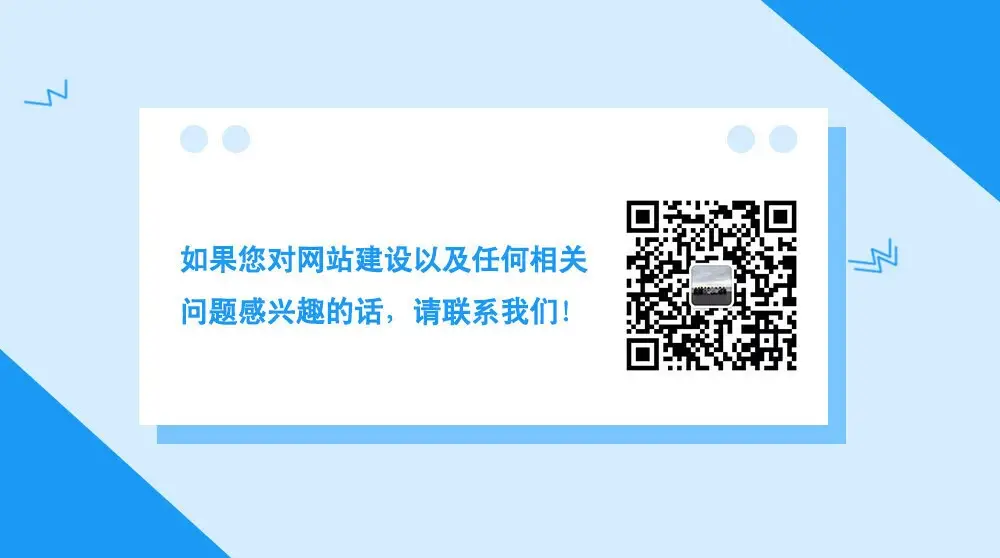EasyStore Cloud Intelligent Website Marketing System Platform!
- Are global buyers abandoning your independent website? Uncover the technical traps that 99% of companies ignore2025-06-19View Details
- Multilingual SEO optimization services help companies expand into international markets!2025-06-19View Details
- AI-driven SEO optimization services can double your website traffic!2025-06-19View Details
- Intelligent website building system + SEO optimization services to create an efficient marketing website!2025-06-19View Details
- Shandong enterprises must see: the five core advantages of independent station construction2025-06-17View Details
- The official agent of Google for foreign trade independent website: authoritative certification, trustworthy2025-06-17View Details
- Which is the best Chinese service provider for foreign trade independent website? Read this article is enough!2025-06-17View Details
- Foreign trade standalone site global server deployment, so that your website is fast2025-06-18View Details
Cross-border e-commerce undercurrents: three deadly traps are devouring novice sellers, are you hit?
At a time when the global trade situation is changing rapidly, the cross-border e-commerce track is both a blue ocean with numerous opportunities and a dangerous shoal with many reefs. When the Trump administration wielded the tariff increase stick and the tariff costs soared by 100%, Chinese sellers miraculously resolved the crisis with the "double-clearance package tax" model - can this gray operation of transferring tariff costs to logistics and freight really allow novice sellers to sleep soundly in the torrent?

Trap 1: The compliance black hole behind the double-clearance tax package
Under the appearance of "only a few yuan increase per kilogram", there are huge legal risks. The double-clearance tax package model reduces tariff costs by underreporting the value of goods and false declarations. It seems to reduce operating costs, but in fact it has buried the triple bomb of tax audits, goods seizures, and platform account suspension. A Shenzhen seller was investigated by customs for long-term underreporting, and goods worth 3 million US dollars were destroyed. The account was frozen, resulting in a broken capital chain. Such cases are being staged in large numbers in the industry.

Solution: Compliance transformation is a must. When establishing a multilingual independent website, a compliant tax system should be built simultaneously. Through functions such as HS code intelligent declaration and VAT tax automatic calculation, it can not only meet the tax requirements of the target country, but also establish trust advantages through price transparency. When building a multilingual website, a real-time tariff calculator can be embedded to allow consumers to clearly see the "tax composition". This transparent operation can actually increase the conversion rate.
Trap 2: False prosperity in the quagmire of price wars
When the T86 customs clearance policy was cancelled and the small package dedicated line model lost its advantages, Amazon FBA sellers thought they had a chance to "strike down", but found that their competitors were falling into a deeper price war. A seller in the home category said: "The copycat sellers pushed the price below the cost line. We can't follow them or not, and our profits are pitifully diluted."

Breakout strategy: Differentiated competition requires a combination of tactics. Through the layout of a multilingual site matrix, customized product portfolios are launched for different markets. For example, small household appliances that meet CE certification are developed for the European market, and special Ramadan packages are launched for the Middle East market. At the same time, SEO localization strategies are used to optimize keywords such as "Ökologisch" (eco-friendly) on the German site, and strengthen the quality endorsement of "Fait en Chine" (Made in China) on the French site.
Trap 3: False sense of security under exchange rate fluctuations
The rise in the US dollar exchange rate seems to have hedged the cost of the tax increase, but in fact it hides exchange rate risks. Last year, a clothing seller lost 8 million yuan in a single month when the US dollar suddenly fell because it did not hedge the exchange rate. What's more fatal is that when all sellers bet on the exchange rate bonus, the real competitive barriers are ignored.
Risk control plan: Establish a "three-in-one" hedging mechanism. Lock in 60% of the payment through forward exchange settlement, use option tools to hedge the remaining 40% of the risk, and develop a multi-currency payment system. When connecting to local payment tools on multilingual websites, a dynamic exchange rate display function can be set to allow consumers to intuitively feel price fluctuations. This "risk sharing" mechanism can actually enhance the willingness to buy.

As the industry enters a period of deep reshuffle, the real winners are cultivating their "internal strength". A leading seller revealed: "We invested 3 million to upgrade the multilingual intelligent customer service system. Although the short-term cost increased, the customer complaint rate dropped by 45% and the repurchase rate increased by 22%. "This kind of long-term thinking is exactly the survival gene that novice sellers lack the most.
Amid the uncertainty of Trump's policies, "steady exploration" is not conservatism, but strategic determination. While others are frantically arbitraging in the gray area, companies that focus on brand building, compliant operations, and technology upgrades are building an unshakable competitive moat. The ultimate battlefield of cross-border e-commerce has never been the calculation of tariff costs, but the occupation of consumers' minds.
Avoiding the three major traps is just a ticket to entry. The real key to success lies in the long-term value that you cannot see. While novices are still struggling with the price increase of a few cents per kilogram, smart sellers have already built a moat in multi-language website building, compliance system, and technical barriers. Remember: foreign trade is not a game of getting rich overnight, but a battlefield of continuous evolution. Every decision you make is defining the industry landscape three years later.
If you have any questions about the construction and operation of foreign trade websites , please contact Yiyingbao technical customer service WeChat: Ieyingbao18661939702, and the staff will answer you wholeheartedly!

The picture resources are from the Internet. If there is any infringement, please contact 400-655-2477
Similar Recommendations




